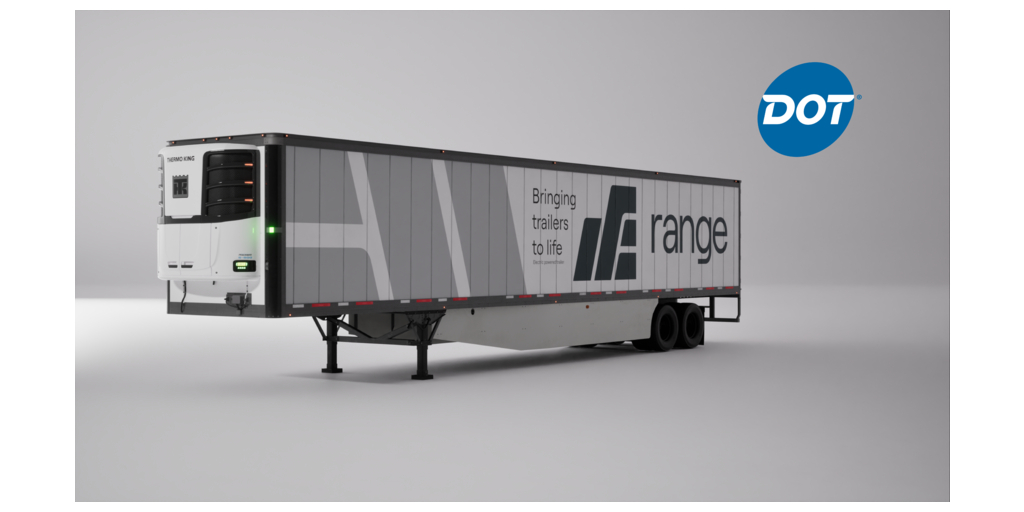Sign up for daily news updates from CleanTechnica on email. Or follow us on Google News!
A few weeks ago, BMW announced it was canceling its $2 billion battery cell contract with Northvolt — a significant blow to the fledgling Swedish company. At that time, BMW said publicly the cancellation was due to Northvolt being unable to deliver its batteries on time, but little was said about why it was unable to do so. Now, based on multiple reports in the European press, Electrive says Northvolt has been producing battery cells in Skellefteå in Sweden since the end of 2022, but even after a year and a half, the amount of production waste is too high. That not only increases costs significantly, it also keeps the production volume of cells ready for delivery far below expectations.
BMW needs the prismatic cells from Skellefteå for current models such as the iX, i4 and i5, but Northvolt is unable to deliver the agreed quantities. Since BMW is switching to cylindrical cells for its upcoming Neue Klasse electric cars, later delivery is also not an option. In addition to BMW, other customers and shareholders, primarily from the Volkswagen Group, have placed orders with Northvolt. Scania expects to get the battery cells it needs for heavy duty electric trucks from Northvolt, while Porsche is expected to rely on Northvolt cells for the upcoming battery-electric versions of the 718 Boxster and Cayman.
The issues with the BMW order have caused Northvolt to rethink its battery factory plans. Northvolt co-founder and CEO Peter Carlsson said in an interview with the Swedish business newspaper Dagens Industri recently, “We were a little too aggressive with our expansion plan and we are now reviewing this.” A Northvolt spokesperson later confirmed to several media outlets, “Northvolt is currently evaluating the timing of the further ramp-up of production at its factories. The focus is on supplying customers from the first Northvolt Gigafactory site in Skellefteå.”
It is not yet clear what consequences the review will have for the factories planned beyond Skellefteå, however the company has already confirmed to Canadian media that it intends to maintain the factory under construction in Saint-Basile-le-Grand. “Our commitment and intentions are unchanged — to play a central role in Quebec’s energy transition by manufacturing the greenest batteries in the world,” a spokesperson stated. Nevertheless, there could be changes to the products, production volume, or schedule after that factory begins operations.
A spokesperson for Northvolt Germany also tried to dispel doubts about the factory in Heide in the state of Schleswig-Holstein, which is also under construction, but the timetable for the ramp-up of production is being reviewed. Originally, the first cells were to be produced in Heide in 2026, but if the needs of BMW could be accommodated by the Heide factory, that might influence how hard Northvolt pushes to get that factory into production. No statement has yet been made by Northvolt about the proposed factory in Gothenburg, Sweden, which is to be built in cooperation with Volvo.
Northvolt can not only continue to expand, but must also watch its money. In 2023, Northvolt tripled its losses, to around $1.2 billion, Electrive says. Northvolt must continue to invest in order to get the production problems in Sweden under control and build the new factories, but is exposed to competition from increasingly cheaper and readily available battery cells from Asia. Carlsson told Dagens Industri the company needs to focus more on its core business. “We see the need to adjust our plans to ensure that we execute each phase well.” The company is aiming for a market share of 25%t in Europe by the end of the decade.
Volvo EX30 Suffers Severe Software Issues
Northvolt is not the only Swedish company facing challenges today. Autocar reports that Volvo is experiencing significant software issues in Europe and the UK with its new EX30 compact electric SUV. The cute EV from Volvo is getting a warm reception from drivers in Europe. It was even the top selling EV in Norway in May, but there is trouble in paradise. The EX30 has significant software issues which have caused some owners in the UK to return their cars for a full refund.
According to Autocar, the issues owners are having range from screens going black and steering wheel buttons not responding, to cars not charging, and even emergency braking systems randomly activating. Owners have also shared stories and images online of bricked infotainment touchscreens, incorrect information displayed (such as time and range), profiles reverting back to factory settings, and driver aids failing.
A Volvo spokesperson told Autocar in a statement, “We recognize that this is not what they expect from their Volvo car, and we are working to remedy this as swiftly as possible with the minimum of inconvenience to our customers. In a very small number of cases in the UK, customers have chosen to exercise their consumer rights to return their cars. Volvo Cars strives and continues to support its customers throughout the ownership journey, and overall we continue to be encouraged by the positive feedback we are receiving from owners.”
The EX30 is very much like Tesla cars in that it relies heavily on a central touchscreen and software. Most key functions, including the headlights, side view mirrors, and climate controls, are accessed through the central touchscreen. Its physical controls are limited to window switches, door locks, and hazard warning buttons. Buttons mounted on the steering column control drive selection, turn indicators, and the wipers.
Volvo told Autocar the EX30 has been taken off of its UK online configurator because a 2025 model year version is due on July 8. The firm insists the EV remains on sale, with examples currently in dealer stock available. Customers are able to go to a Volvo dealer and select a 2025 version while the configurator is being updated. Volvo said, “The EX30 continues to be sold in the UK, and with more than 4,500 already delivered to customers this year, it is proving popular, backed by a strong order book.”
The Takeaway
The situation may remind people of the problems Volkswagen experienced with its ID.-badged electric cars, as well as similar issues with the new Chevy Blazer EV. Volvo has also suffered similar issues with its other recent EV offering, the top of the line EX90. Glitchy software is one of the primary reasons companies like JD Power report that electric cars are significantly less reliable than conventional cars. Recently it said quite clearly, “In-vehicle controls are out of control. Features, controls and displays is the second most problematic category in the study, slightly better than only the notoriously issue-prone infotainment category. From such seemingly simple functions like windshield wipers and rear view mirrors to the more intricate operation of an OEM smartphone application, this category is particularly troublesome in EVs. The PP100 incidence in this category is more than 30% higher in EVs than in gasoline powered vehicles.”
The problem for the EV revolution is issues like these give energy to anti-EV trolls, who seize on any bad news about electric cars to trash them. This sort of stuff is partly to blame for reports that people are turning their backs on EVs and opting for hybrids instead. In tennis, this is known as an unforced error. The troubles besetting Northvolt and Volvo at the moment have to be dealt with swiftly and effectively to keep the EV revolution from losing steam. There must be a sense of quiet panic in the C suites at Northvolt and Volvo these days. There are billions of dollars riding on them getting these issues resolved quickly and correctly.
Have a tip for CleanTechnica? Want to advertise? Want to suggest a guest for our CleanTech Talk podcast? Contact us here.
Latest CleanTechnica.TV Videos
CleanTechnica uses affiliate links. See our policy here.
CleanTechnica’s Comment Policy





.jpg)